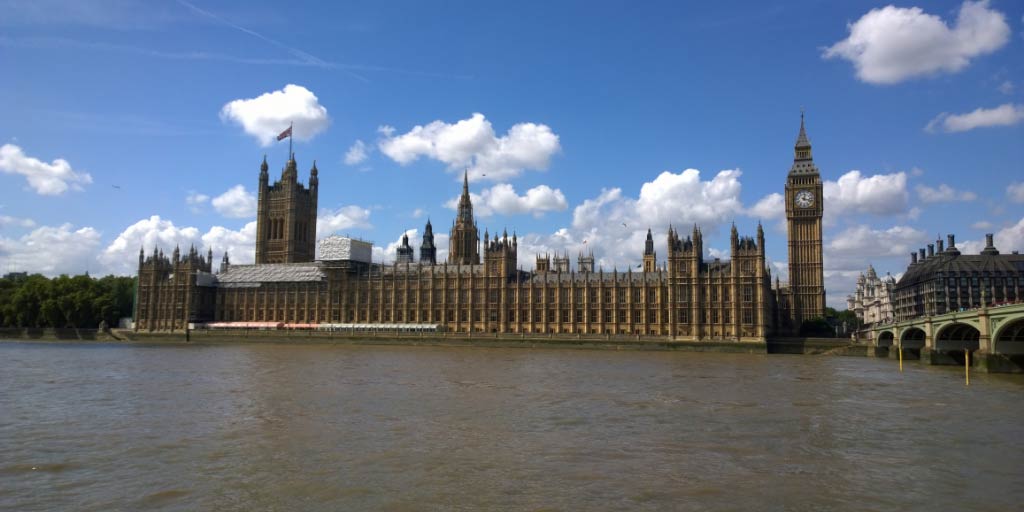This information should not be interpreted as financial, tax or legal advice. Mortgage and loan rates are subject to change.

Category: government and politics
In a move aimed at rejuvenating the heart of British commerce, the Labour Party has unveiled an ambitious five-point plan to transform the landscape of the UK’s high streets – which could benefit commercial property investors.
At the forefront of this plan is the promise to replace the existing business rates system with a fairer framework of “business property taxation.” Labour’s initiative seeks to level the playing field between traditional bricks-and-mortar businesses and their online counterparts, breathing new life into struggling high street retailers.
The pledge comes amidst growing concerns over the decline of traditional retail hubs and the rise of online shopping giants. Labour’s deputy leader, Angela Rayner, gives reasons for the pledge:
Our town and city centres are an untapped strength of Britain’s economy. Tory chaos has cost the country dearly, and every region has paid the price.
While Shadow Chancellor, Rachel Reeves, said this on the proposed policy:
Labour will breathe new life into our high streets. We’ll create the conditions to get retailers thriving again by replacing business rates, opening hundreds of banking hubs across the country and stamping out late payments to get them paid on time.
Central to Labour’s vision is the replacement of business rates, a system long criticised for its complexity and perceived unfairness.
Additionally, Labour’s plan includes measures to address the decline of in-person banking services by establishing hundreds of banking hubs across the country. This initiative not only promises to support local businesses, but also to preserve essential financial services for communities nationwide. Moreover, the party pledges to crack down on late payments, a perennial issue for small and medium-sized enterprises (SMEs), by introducing new laws to ensure prompt payment practices.
Deputy chief executive of UKHospitality, Allen Simpson, says:
Too often policy makes it expensive to run businesses in the heart of communities. We’re pleased to see this focus on high streets and fixing the broken business rates system.
However, not everyone is convinced of the merits of Labour’s proposals. Treasury minister Bim Afolami voiced concerns about potential tax hikes under a Labour government, cautioning against reverting to what he termed “square one.” Afolami pointed to the Conservative Party’s track record of tax cuts and economic stability, advocating for continuity in government policy.
How would the proposals affect property investors?
This new proposal seems to suggest a lighter tax burden for business properties, so it should positively affect commercial property investors; owner-occupied or not.
For owner-occupied commercial property investors, a lighter tax burden may entail better profit margins.
For commercial landlords, tenants with a lighter tax burden may facilitate higher yielding commercial properties.
As the debate over the future of British retail continues, Labour’s ambitious plan has reignited discussions about the role of government in supporting local businesses and revitalizing high streets.
With the promise of fairer taxation and targeted interventions, the party aims to usher in a new era for British retail, one characterised by vibrancy, innovation, and inclusivity.
Whether these proposals will translate into tangible improvements on the ground remains to be seen, but this must come as good news for UK high street businesses.


